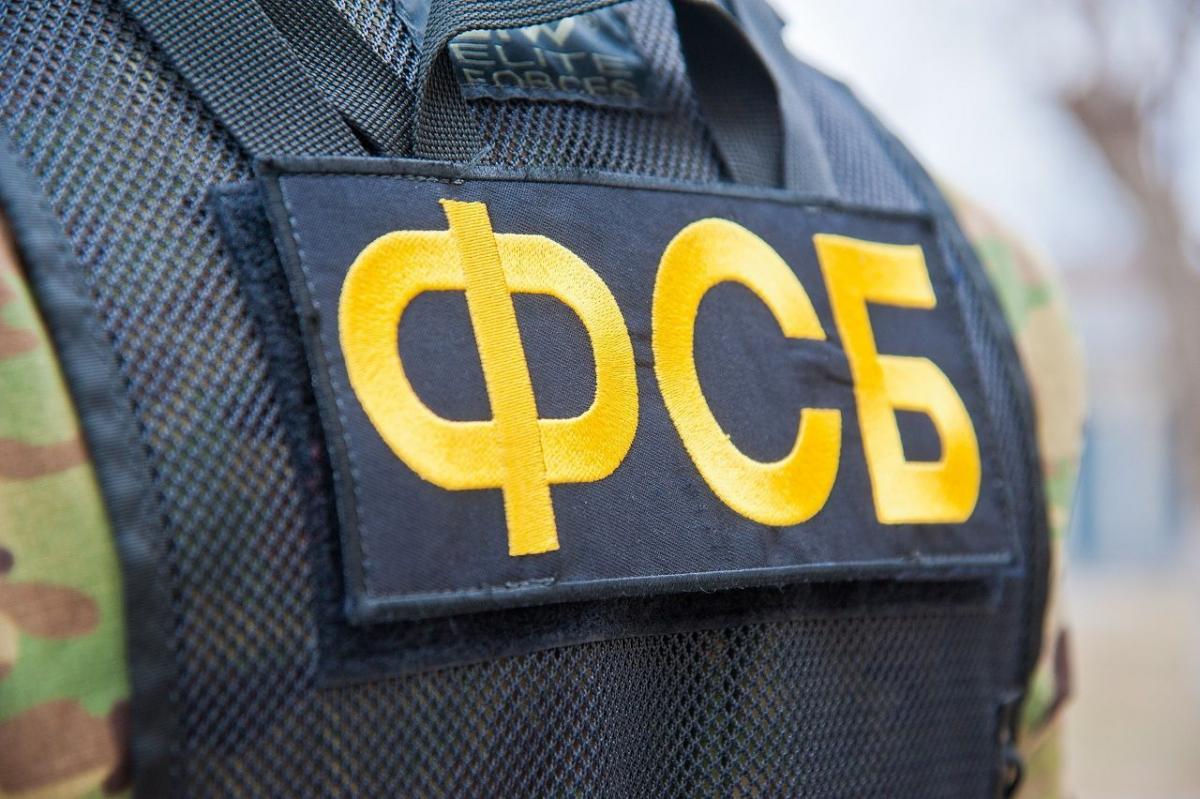
Russian media late last month said security officials had detained 16 members of a "Ukrainian youth radical association" who were allegedly planning terrorist acts in several Russian cities.
The suspects allegedly belong to MKU, which stands for "Youth Murder Cult" in Russian. Russia’s Investigative Committee claims the suspects received instructions on how to use explosives from Yegor Krasnov, a Ukrainian national from the Ukrainian city of Dnipro, Polygraph.info fact-checkers report.
The arrests were the latest in a series that began in February and went on through March when three alleged MKU members were picked up in the Voronezh in connection with assaults and extremist graffiti.
Calling these suspects "Ukrainians" or "Ukrainian radicals," however, is highly misleading. No evidence has been produced showing that any of the suspects are Ukrainian citizens.
Read alsoFacebook blocks Russian articles spreading false claim of "Ukrainian nationalists' arrest"According to the Ukrainian counter-propaganda organization StopFake, the three suspects arrested in Voronezh in February had ties to a Russian nationalist organization known as the "Russian Corps." The group posted a statement on the Russian social media network VK acknowledging that the men had once been affiliated with its Voronezh chapter.
"The three did not have any sort of connection with pro-Ukrainian resources or organizations," the Russian Corps statement read. "For a short time they were members of the Voronezh cell of RK (Russian Corps)."
The StopFake disinfo watchdog also spoke to one of the Voronezh arrestees, Roman Grebenshchikov, who denied having any ties to Ukraine or Ukrainian nationalists, or any knowledge of MKU, the group authorities alleged he was connected to.
StopFake found photos from Grebenshchikov’s VK profile showing him present at Russian nationalist rallies and displaying symbols typically associated with Russian, not Ukrainian, nationalists. In a February 18 story on the arrest, a video showed various extremist materials allegedly found in the suspects’ possession. Those materials included Russian nationalist and German neo-Nazi symbols, but nothing bearing Ukrainian symbols of any kind.
The BBC Russian service also published a story on the arrests which included a photo of more extremist material allegedly found on the suspects arrested in Gelendzhik in March. Again, only general neo-Nazi or Russian nationalist items were on display.
Nevertheless, Russian state media routinely label the alleged MKU members later arrested as "Ukrainian neo-Nazis" or "Ukrainian radicals," even though they all appear to be Russian citizens. In one case, a Radio Sputnik headline refers to the suspects as "Ukrainians" even though there is no evidence to suggest this and the article doesn't mention anything about their citizenship or ethnicity.
The source of the Ukraine branding apparently goes back to Yegor Krasnov, a Ukrainian resident of Dnipro, the purported founder of the MKU. Krasnov, 20, was arrested by Ukrainian police in Dnipro for a series of violent attacks in Ukraine. He has been in detention since January 2020.
According to the April 29 RIA Novosti article, the FSB claimed that the 16 terror suspects they arrested were in contact with Krasnov, who gave them instructions to carry out bombings and other terrorist attacks. These also allegedly included instructions on how to make and employ explosives.
Read alsoG7 to consider proposal for rapid response mechanism to counter Russian disinformationAn investigation into the group by Current Time shows that Krasnov appears to be the only link that any of the suspects, who are Russian citizens living in Russia, have with Ukraine. The RIA Novosti story on the recent arrests, as well as the earlier arrests, cites FSB interrogations as the source of the claims about Krasnov allegedly giving his contacts in Russia instructions.
The Daily Beast on April 30 quoted Alexander Verkhovsky, head of Moscow's SOVA Center, which monitors extremist violence in Russia, saying that Ukrainian state involvement in the MKU case is doubtful.
"We have plenty of our own Russian far-right radicals, who might be preparing nasty actions," Verkhovsky told The Daily Beast. "They don't need some arrested Ukrainian nationalist to tell them what to do."
Further complicating the matter is that the FSB and Russian police have an established history of planting evidence on suspects, including drugs, weapons, explosives and extremist literature. Such incriminating "discoveries" are common in raids against Crimean Tatars and pro-Ukrainian activists in the Russian-occupied Crimea.
In April, Vladislav Yesypenko, a Ukrainian Crimean working for RFE/RL, was arrested by the FSB and charged with weapons possession after being accused of spying for Ukraine. Yesypenko claimed authorities planted a grenade in his car and threatened him with death unless he signed a confession.
Without more information about the suspects in these MKU-related arrests, it is difficult to assess their true involvement in any plot. What is clear is that they were not "Ukrainians," as Russian state media has repeatedly labeled them, Polygraph stresses.

